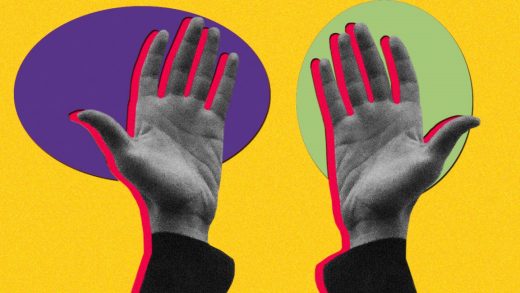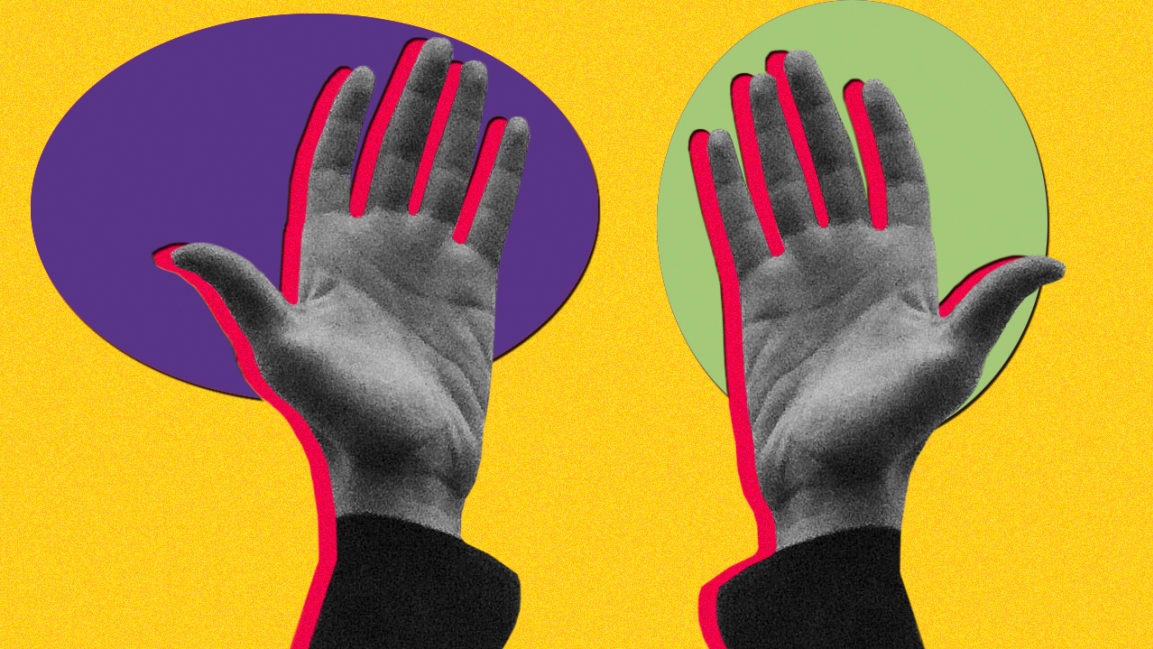Be a ‘hand Nazi’ and other COVID-19 thoughts from an NYC doctor’s viral Zoom call
Last week, David Price, a doctor at Weill Cornell Medical Center in New York City who has been treating coronavirus patients, stared into his laptop camera with the sore face of someone who has been wearing a mask a lot and hasn’t slept much, the numbed face of someone who has been to some sort of war, and began to explain what he’d been learning.
“You may hear a little inflection in my voice, like I’m emotional. It’s not because I’m scared. It’s actually the opposite. For the first time in a while,” he says, choking up, “I’m actually not scared.”
Price’s 57-minute video call—a calm, unaffected presentation about how to fend off the novel coronavirus, followed by a question-and-answer session—was meant to provide reassurance to anxious colleagues amid a crisis that has pushed them to the brink. But since a recording was uploaded on March 22 and sent to the hospital’s medical staff, his words have quickly gone viral. On Vimeo, where the Zoom call first appeared, people have watched it over 3 million times.
Like so much information spreading around during the coronavirus pandemic, his words should be approached carefully. As the situation around the virus changes, so may the suggested methods of fighting it.
Still, Price’s basic tips are in line with the CDC’s current guidance (keep your distance, wash your hands, don’t touch your face). And his front line experience and reassuring manner have made him a rare voice of reason for worried people across the country.
“The thing that makes me smile a little bit is I actually know now that I won’t get this disease, because I know how to protect myself,” Price says. “You don’t have to be scared of the outside world, you don’t have to be scared of your neighbor. And I have actually found that to be incredibly liberating right now.”
He begins by describing the situation at his hospital—”probably the premier hospital in New York City”—and the increasingly familiar scenes of despair that have led some of his colleagues to issue angry warnings to the rest of the country.
“It is a 1,200-bed hospital. We do everything from heart transplants to lung transplants. At this point we do none of that. . . . We are now almost exclusively a COVID-19 hospital.”
The pandemic has already infected more than 43,000 people in the city and shaken a fragmented healthcare system, leaving healthcare workers to make do with limited personal protective gear and ventilators. Emergency workers are now making life-or-death decisions about who goes to a hospital.
“But we’re learning and we know a lot. And what I want you guys to know is that every single day we’re getting better, we know more. And I am confident that the stuff I can tell you today should make you guys feel like when this comes to your community that you don’t have to be scared and that you can protect your family.”
Why’s he so confident?
“Coronavirus is a wimp,” he says. “It dies as soon as you disinfect it.”
The virus is primarily transmitted by touching someone who has the virus and then touching your face, Price says. Infected people are likely to get a fever, a cough, and a sore throat. Some people may develop shortness of breath, which is a reason to seek medical attention.
He offers two important tips. First: “Become a hand Nazi. Everything you know about your hands, just keep it clean and you will not get this disease,” Price says.
“The second thing is you have to start psychologically working on the connection between your hands and your face.”
As he emphasizes, “The ways that you get this is the transmission of the virus almost exclusively from your hands to your face, from your hands to your face and inside your eyes, into your nose or into your mouth.”
There are other less likely methods of transmission, including possibly through the air. “The thought at this point is that you actually have to have very long sustained contact with someone,” he says. “And I’m talking about over 15 to 30 minutes in an unprotected environment, meaning, you’re in a very closed room without any type of mask for you to get it that way.
“But very simply stated, the overwhelming majority of people are getting this by physically touching someone who has this disease or will develop it in the next one to two days and then touching their face,” says Price. He suggests wearing some kind of mask, even a bandana—but not an N95 or medical-grade mask—to keep you from possibly spreading the virus to people around you, and to remind you or protect you from touching your face. The CDC is considering recommending more people wear masks too, with the caveat that healthcare workers need them most.
The whole video call is worth watching or listening to, but the ultimate takeaway is the simple one that empowered Price to make it: Watch (and wash) your hands, and refrain from touching your face.
Fast Company , Read Full Story
(7)



